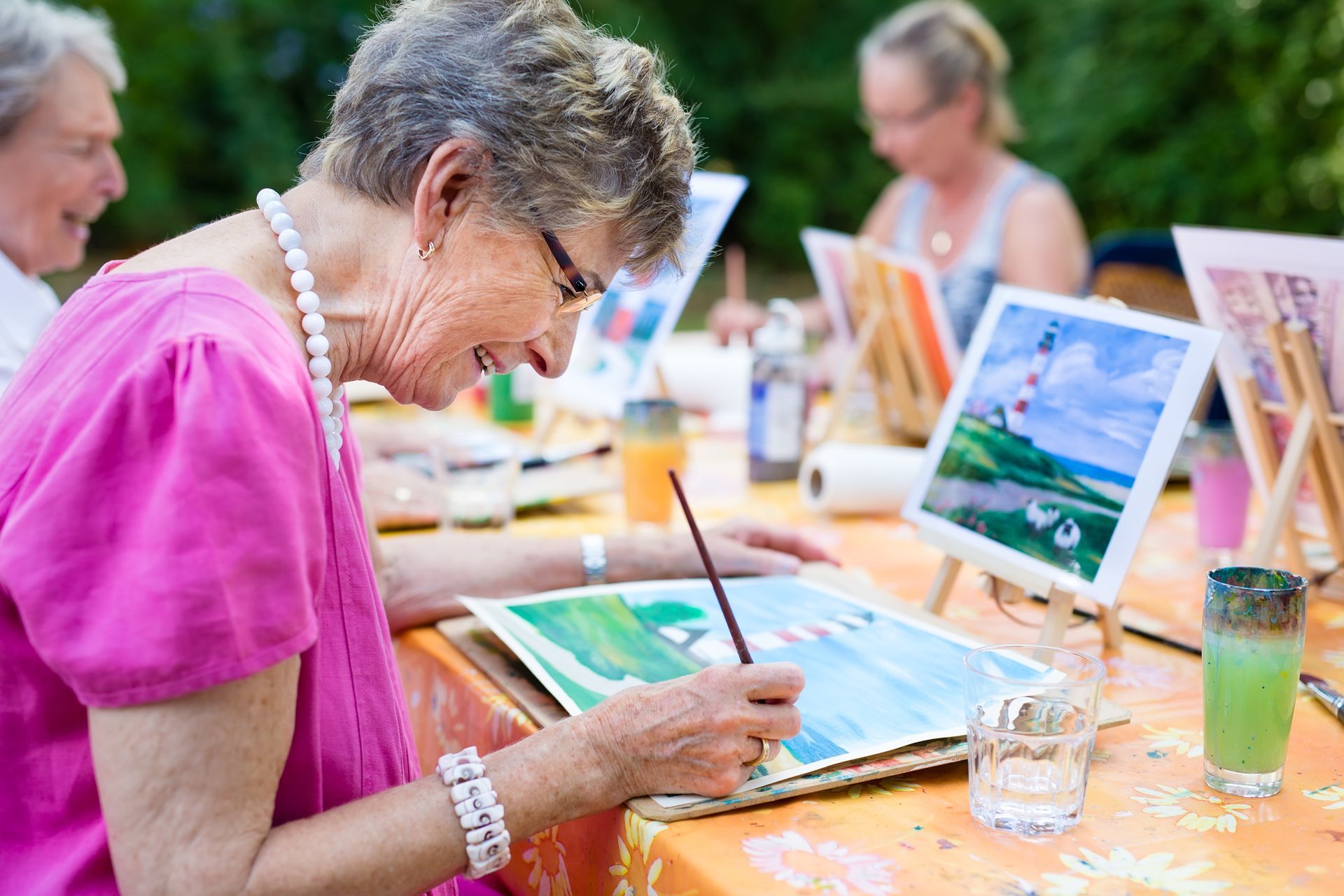Coping with Isolation: Addressing Loneliness in Seniors in Massachusetts
The golden years of our lives should be a time of reflection, relaxation, and enjoyment – a time to revel in the joys of the past and the present. However, for many seniors in Massachusetts, these years can be rife with a silent struggle: loneliness. Research has shown that as many as one in three seniors experience loneliness, a feeling that can have profound effects on their mental and physical health. But for every problem, there is a solution, and in the heart of New England, a variety of resources and support systems are waiting to be discovered, helping seniors mend the torn social fabric and bring warmth back into their days.
Understanding the Causes of Senior Isolation

As we age, the social landscape around us often changes dramatically. Friends and family members who were once constants may move, pass away, or be less able to visit. These shifts, combined with potential health issues or mobility constraints, can lead to a sense of isolation that is hard to shake off. It's crucial to recognize that senior isolation is not just a passing phase; it's a deeply ingrained issue that robs our elderly of the human connection they deserve and need.
Uncovering the Causes
The roots of isolation in seniors can be multifaceted. Physical limitations, such as difficulty with mobility or chronic health conditions, can greatly restrict the ability to socialize outside the home. Grief from the loss of a spouse or close friends can lead to a withdrawal from social activities. The absence of strong social connections can leave seniors feeling disconnected, while some may endure the challenge of ageism, where their wisdom and experience are not valued in society.
The Ripple Effect on Health
Loneliness isn't merely an emotional state; it has profound implications for seniors' health. Studies suggest a link between social isolation and an increased risk of heart disease, depression, and even dementia. Moreover, seniors who feel lonely may be less likely to adhere to medical advice or maintain a healthy lifestyle, further increasing their vulnerability to illnesses.
Lending a Helping Hand: Massachusetts' Social Support Infrastructure

As more and more seniors face the specter of loneliness, organizations in Massachusetts have risen to the challenge. From senior centers to community organizations, there is a myriad of opportunities for seniors to connect with others, participate in group activities and cultivate new friendships.
Senior Centers and Community Engagement Programs
From engaging activities to valuable educational programs, senior centers provide an array of services to keep the elderly socially active and intellectually stimulated. Massachusetts boasts a vibrant network of these hubs, many of which offer daily events, health and wellness resources, and the chance for seniors to connect with others in their local community.
Home Health Care Services: A Companion in Care
For those who may be homebound, specialized home health care services are lifelines to human interaction. Caregivers not only tend to the seniors' medical needs but also provide companionship and support, participating in conversation, shared activities, and even outings to help reduce the sense of seclusion.
Bridging the Generational Gap through Volunteering
Volunteer work can be a deeply fulfilling venture for seniors, offering them the opportunity to share their knowledge and talents while connecting with new people. Across Massachusetts, intergenerational volunteer programs link seniors with younger generations, fostering relationships that are mutually beneficial and heartwarming.
Embracing Technology: The Digital Connection
The Digital Age has brought forth a wealth of devices and platforms that can help seniors stay engaged and connected to the world. In Massachusetts, online communities and technology workshops empower the elderly to master and utilize digital tools, opening new channels of communication with loved ones and broader social circles.
Cultivating Connection: Strategies for Alleviating Loneliness

The battle against senior isolation is fought on many fronts, with a plethora of strategies available to seniors and their families. By proactively addressing the issue, it's possible to forge a path towards a more enriching and fulfilling social life.
Encouraging Socialization: It Takes a Village
Prioritizing social wellness means fostering a rich social life. Seniors can benefit from regular visits with friends and family, participation in group activities, and the establishment of a support network. Engaging in everyday interactions, from a chat with a neighbor to a group meet-up at a senior center, can significantly improve emotional well-being.
Exploring Hobbies and Interests: The Joy of Engagement
The pursuit of hobbies and interests is a gateway to meeting like-minded individuals and can lead to the development of new friendships. Whether it's joining a book club, amateur theatrical group, or hobbyist association, involvement in shared activities can inject passion and purpose into the day-to-day.
Staying Active: Physical Exercise and Social Bonds
Physical activity not only benefits the body but also the mind. Engaging in social sports, fitness classes, or even daily walks with a friend can provide dual benefits, helping to stave off the physical decline that often accompanies isolation while simultaneously fostering social connections.
Seeking Professional Help: Support Systems at Every Turn
When loneliness becomes a pervasive and distressing issue, it's imperative to seek professional assistance. Social workers, therapists, home caregivers and support groups in Massachusetts specialize in addressing the unique needs of seniors, offering tailored interventions and compassionate guidance.
A State of Closeness: Massachusetts' Commitment to Its Seniors
Massachusetts' dedication to its senior population is clear, with an array of services designed to enhance their well-being and combat isolation. By promoting social engagement, intergenerational connections, and the innovative use of technology, the state is fostering an environment where seniors can truly live their golden years to the fullest.
From the historical avenues of American innovation to the peaceful retreats of nature's wonder, Massachusetts is not just a state; it's a community of communities, each poised to welcome, cherish, and support its senior members. Let's continue to champion the cause of connection and stand together, ensuring that no elder in Massachusetts – or anywhere – navigates the journey of aging alone.
For more information on coping with loneliness and the support systems in place for seniors in Massachusetts, visit the state's official elder services website, or contact local senior centers for personalized assistance as well as in-home caregivers. Remember, by reaching out, we not only alleviate the weight of loneliness but also enrich our own lives through the bonds of human connection.
Services

